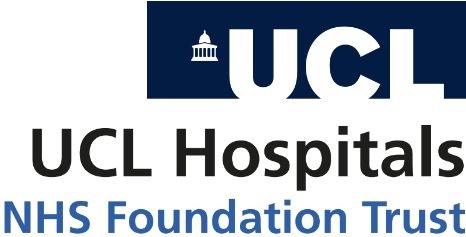Listen to this podcast with Professor Andrew Hayward, Director of the UCL Institute of Epidemiology and Health Care, and Chief Investigator of the Virus Watch study, talk about how this research will help us understand the spread of the virus.
Thousands of people across the country will be tested for COVID-19 as part of two new Government-funded studies led by UCL and UCLH to see how the coronavirus spreads among communities and NHS workers.
Read the full announcement about our study getting funded here on the UCL media website.

Electron microscopic image of COVID-19 on the Public Health Image Library Credit: Hannah A Bullock; Azaibi Tamin
During the 2009 influenza AH1N1 (“Swine Flu”) pandemic we ran a large study called Flu Watch.
Since the beginning of 2020, we have been using data we collected from the Flu Watch study to start to understand how Coronaviruses might spread in the UK. You can read more about this research in this section of the website.
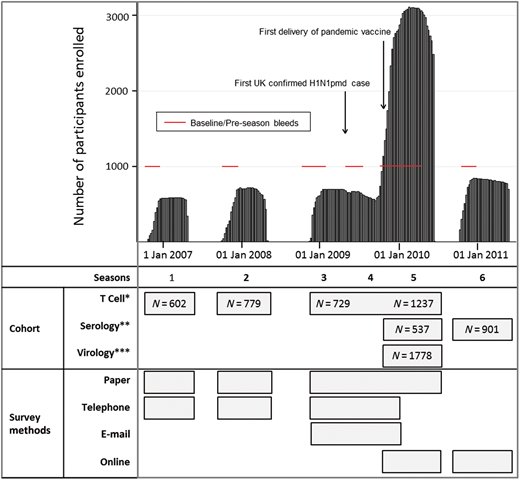
If you want to read more about the Flu Watch study, this research paper describes what we did in this study.
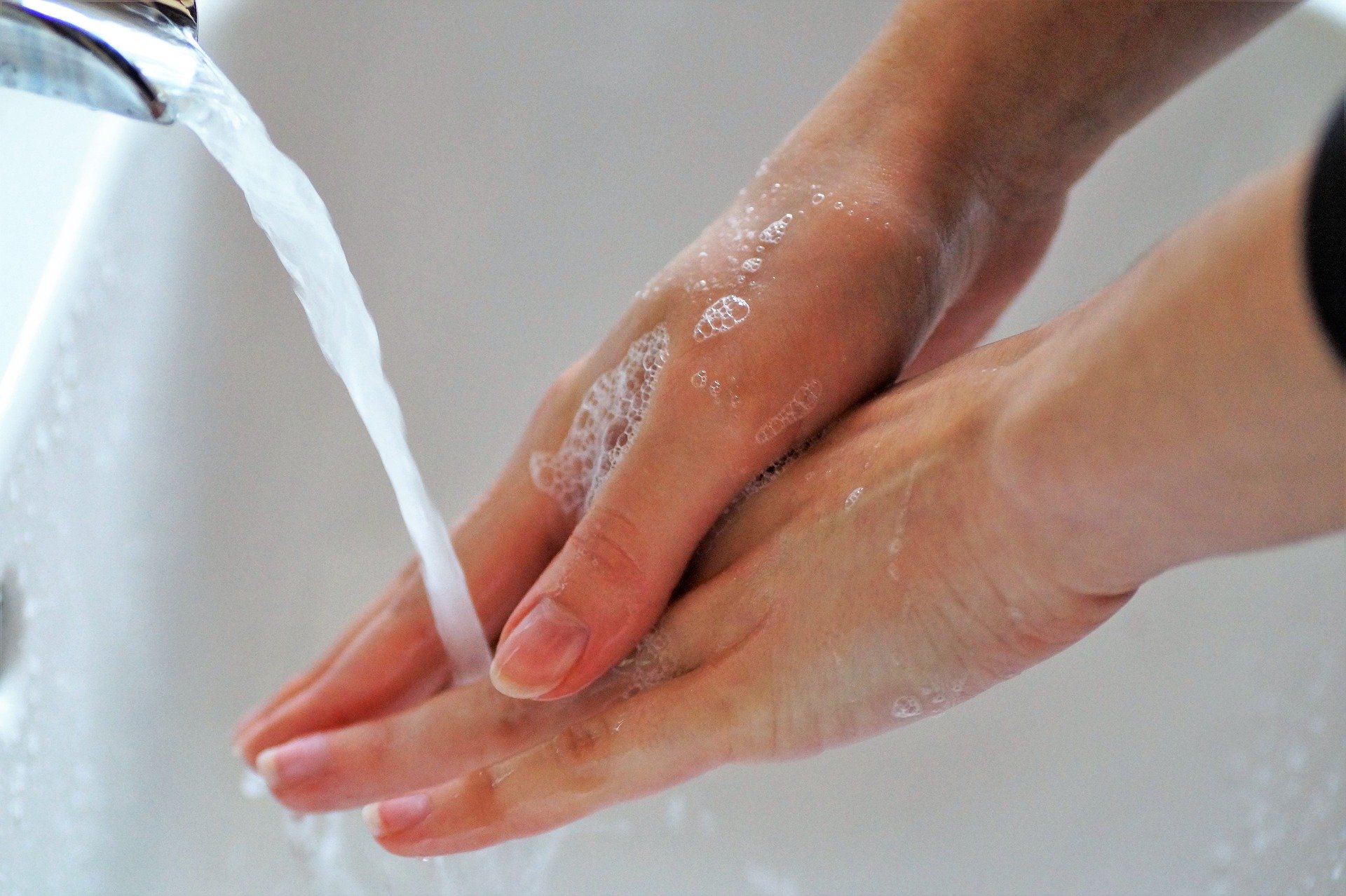
A UCL study has shown that washing hands 6-10 times a day can reduce the risk of a person developing a virus. UCL PhD researcher Sarah Beale (UCL Institute of Health Informatics) explains this study supports the UK government’s public health messaging to wash hands regularly.
You can find the full research article here: https://wellcomeopenresearch.org/articles/5-98
Read more on the media coverage of this article here: BBC: Telegraph (£), Daily Mail, ITV News, Independent, Mirror, Evening Standard, Sun, Yahoo! News, iNews, Express and Star, UCL News, Sky News, Metro, Watch: BBC News’ Breakfast programme (from 10 mins, 28 secs)
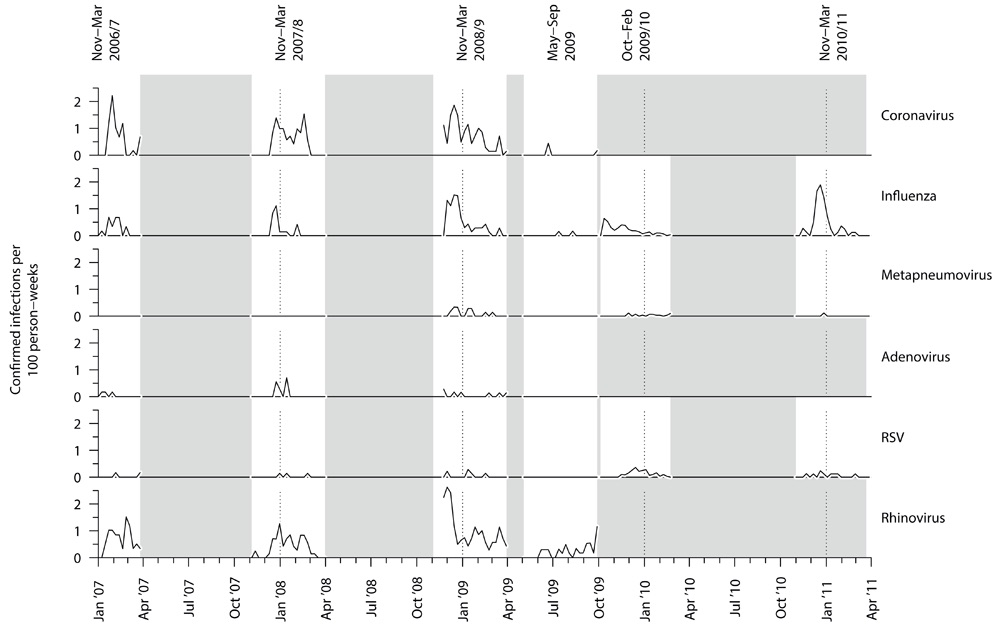
Our results provide evidence that HCoV infection in England is most intense in winter, but that there is a small amount of ongoing transmission during summer periods. We found some evidence of immunity against homologous reinfection.
Full study here https://wellcomeopenresearch.org/articles/5-52
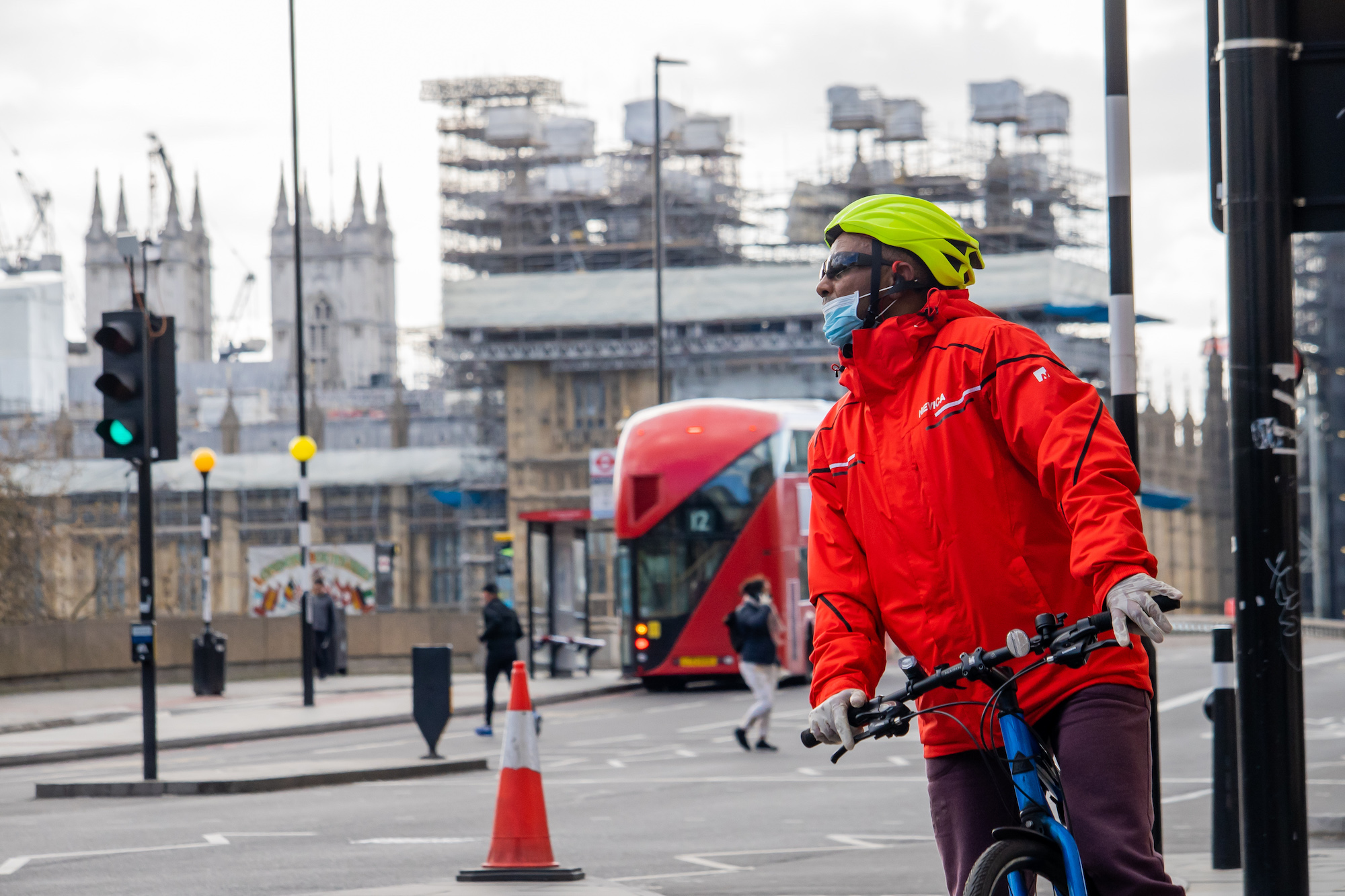
Using public transport, shopping, dining out, going to a party or place of worship and spending time with someone who has a cold are all associated with significantly higher risks of contracting a respiratory illness such as COVID-19, according to new UCL research.
The peer-reviewed Wellcome funded study, used data from the England and Wales Flu Watch cohort and is the first to investigate the impact of specific public activities on the risk of acquiring respiratory tract infection in a population-based cohort.The UCL research team found being around someone with a cold from outside your household doubled a person’s risk of contracting a respiratory illness and social activities, particularly travelling on crowded busses or underground trains and shopping also carried the highest risks (when social-distancing measures were not in place).You can find the full research article here: https://wellcomeopenresearch.org/articles/5-54
